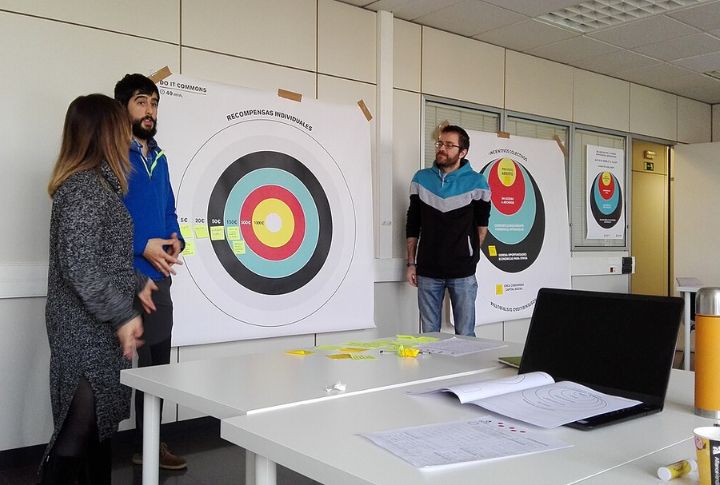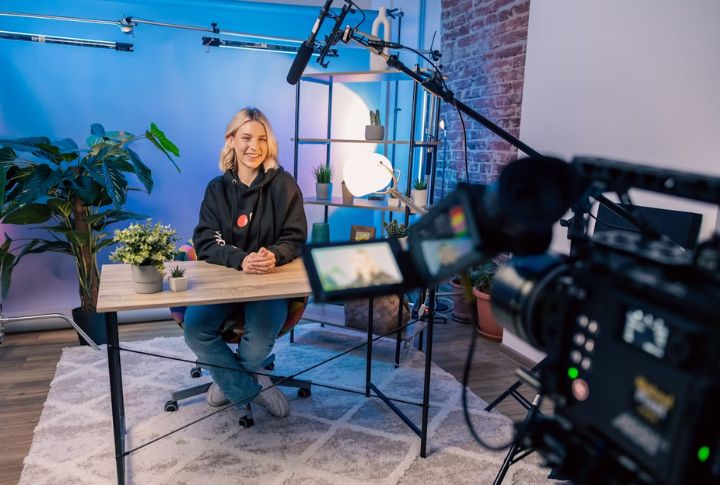
We chased a few ideas like treasure maps that promised wealth, freedom, and a life without limits. But behind the buzzwords and bold claims, some financial beliefs quietly collapsed, leaving us wondering what went wrong. These aren’t just outdated tips—they’re cautionary tales worth revisiting. See which myths missed the mark and what they reveal about money today.
Multi-Level Marketing Schemes

It’s easy to get sucked into the dream of being your own boss, but the math is rigged. MLMs generate income by having you recruit people who purchase the product, rather than selling directly to actual customers. In fact, you become the customer, making it virtually impossible for the vast majority of participants to ever turn a profit or achieve true wealth.
Day Trading During The Pandemic Boom

A rising stock market makes everyone feel like a genius, yet day trading is a full-time, high-stress job for professionals. The average person who jumped in during lockdown lacked the training, capital, and emotional distance to win. Experienced traders and complex algorithms simply outmaneuvered them, transforming quick-cash dreams into fast losses.
Flipping Houses After Reality TV Fame

Reality TV shows edit out the expensive mistakes and delays that are common in real life. When everyone starts flipping, they bid up the price of fixer-uppers and saturate the market. One bad contractor or a small dip in the housing market can quickly turn a potential profit into carrying costs and a property you can’t sell.
NFT Collectibles

The massive headlines about digital art sales masked the lack of true utility behind most NFTs. Buyers often confused hype with intrinsic value and thought a digital receipt equaled actual ownership of a rare asset. As the speculative frenzy ended, the market crashed and proved that digital scarcity alone doesn’t justify million-dollar prices.
Get-Rich-Quick Online Courses

The real genius of these courses lies not in their content, but in their marketing aimed at people desperate for a financial lifeline. The gurus selling the course are the only ones getting rich; the “secret methods” they charge for are typically vague, basic ideas you could easily find online for free. The lesson is that paying for hope doesn’t equal building wealth.
Speculative Real Estate In Ghost Cities

Investors thought the plan was a sure bet: buy early in a newly built city before everyone else arrives. What actually happened was a spectacular failure of economic planning. Demand never caught up with supply, leaving investors with empty apartments and huge, unsellable properties in deserted areas. A great price means nothing if no one buys it later.
“Passive Income” Via E-Books And Dropshipping

The idea of money flowing in automatically from e-books or dropshipping is highly misleading. Generating significant income requires constant active effort in marketing, managing suppliers, and handling customer complaints. Extreme competition also means profits are razor-thin and turns a promised “passive” stream into an intense, poorly paid second job.
Viral Crowdfunding Scams

Crowdfunding felt like a democratizing force, which lets small investors back big ideas, but it also became an easy avenue for elaborate hoaxes. A viral video and a slick pitch were enough to raise millions for products that were either impossible to build or that the creators never delivered. Many backers simply donated their money to very creative con artists.
Becoming An Airbnb Tycoon

The fast expansion of the short-term rental market created fortunes for some until local governments stepped in and changed the rules. Cities saw the effect on their housing markets and implemented strict regulations, permits, and outright bans. New policies instantly destroyed the investment thesis of those who leveraged themselves to buy multiple properties.
Viral Social Media Monetization

Trying to get rich by creating viral content is like playing a lottery where the rules change daily. Platforms control the money and the audience, meaning even a massive hit might pay very little. Sustainable wealth requires constant output, and because algorithms actively suppress organic reach, most creators find steady income virtually impossible.
